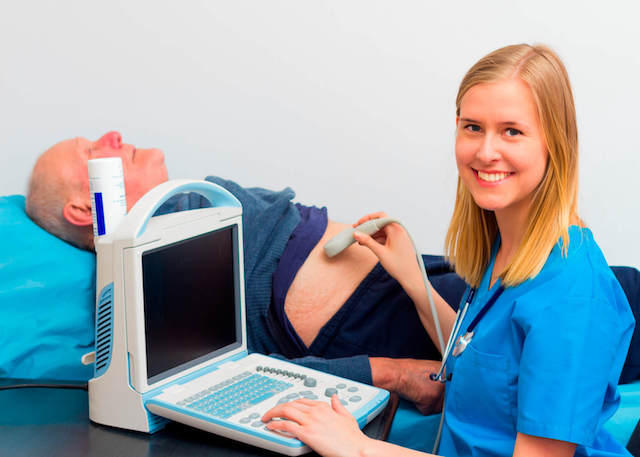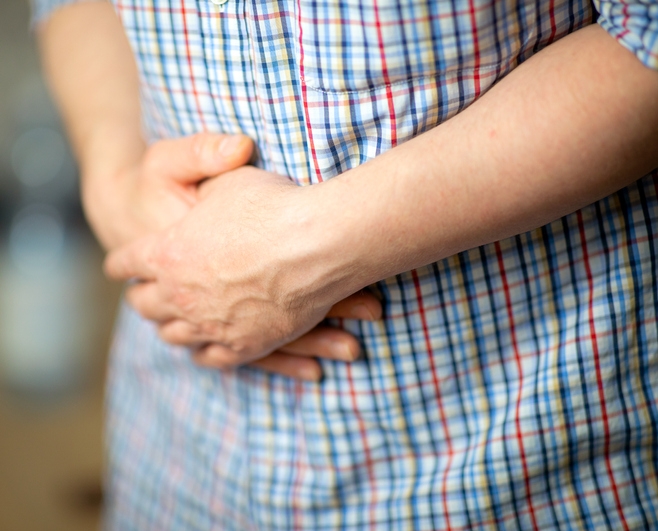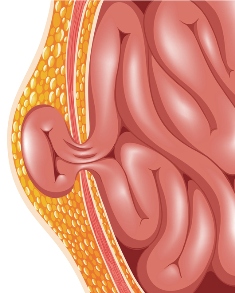Recovery from Hiatal Hernia Repair Surgery – What to Expect
In extreme cases, a hiatal hernia can be a source of daily discomfort in the form of chronic acid reflux, difficulty swallowing, and pain in the abdomen and chest. Hiatal hernia repair surgery can solve these issues, but you may have concerns about the post surgery recovery process. Fortunately, laparoscopic hernia repair involves minimal cutting. The recovery time for hiatal hernia surgery is usually very quick!
What to Expect After Hernia Surgery
Some of the most common questions people ask about hiatal hernia repair—and in particular the recovery process—include the following.
How long does it take to recover from a hernia operation?
The time it takes to recover from hernia surgery depends on the type of surgery. Recovery from traditional open surgery could take months, whereas laparoscopic surgery usually takes only a couple weeks. It also allows for a much shorter hospital stay and lower risk for most patients.
With minimally invasive laparoscopic surgery, your recovery may look something like this:
- 24 hours: Avoid driving and alcohol.
- 48 hours: Avoid showering. Incisions should still be kept clean in the meantime.
- 1 to 3 days: Usual hospital stay, after which you’ll need someone to drive you home.
- 1 week: Most patients resume normal activity after a week.
- 2 to 3 weeks: Complete recovery.
- 3 months: It’s generally best to avoid strenuous activity or heavy lifting for a few months after surgery just to be sure.
How long does it take laparoscopic incisions to heal?
Laparoscopic incisions usually take a week or two to heal completely. That said, your recovery time depends more on the surgery involved. Hiatal hernia surgery may take a little longer for complete recovery.
How long does pain last after hernia surgery?
In most cases, you’ll only experience soreness for a couple of weeks tops.
What are the best foods to eat after surgery?
Alcohol should be avoided within 24 hours after surgery. You may also want to start with soft foods and work your way up over the course of your recovery, and your surgeon may prescribe a diet for you during that time, in rare cases a liquid diet may be necessary.
How should I sleep after hernia surgery?
It helps to sleep on your back at an incline. Pain medication can make sleeping easier as well.
Are there any complications I should be aware of?
Minimally invasive surgery is associated with much lower rates of injury and mortality than open surgery (0.6% instead of 3%). That said, complications occasionally occur, such as nausea, vomiting, or difficulty swallowing.
6 Tips for Recovering from Hernia Surgery
When it comes to recovering from hiatal hernia surgery, the following tips should make it easier.
1. Take Walks
You’ll have pain after your operation, and while medications can help, the best way to reduce pain is to get up and walk. Daily walks can work off the gas used to inflate your abdomen during surgery while also keeping you active.
2. Get Plenty of Rest
Rest helps with recovery, though it may be a little uncomfortable for the first few nights. Raising the head of your bed a few inches so you’re resting at a 30 to 45 degree angle can help, as can sleeping on your back.
3. Keep Your Incisions Clean
Your incisions should be kept clean with soap and water to avoid infection. It’s best to use a clean sponge early on since you’ll need to avoid showering for a couple days.
4. Keep to Your Diet
Your surgeon may prescribe a diet to follow after hiatal hernia surgery. Follow this diet as strictly as possible since it’s designed to prevent complications and assist healing. Finding fun recipes that fit your diet can help make it easier.
5. Keep It Low Impact
Physical activity can help you recover by promoting circulation, but you should keep it low-impact. Heavy lifting should be avoided for a few months after surgery, as should strenuous exercise. Any activity that uses your belly muscles should be ruled out immediately following surgery.
6. Follow Up With Your Surgeon
If you have any concerns or significant pain after surgery, you should contact your surgeon. You’ll also have a routine follow-up visit within a few weeks after surgery to make sure you’re healing properly.
7. Stay on top of Pain Medications
Take your prescribed pain medications as directed. Don’t wait until the pain becomes severe before taking them, and avoid over-the-counter pain relievers without consulting your Doctor. Always communicate with your healthcare team about your pain levels and any side effects you experience. It is normal to experience some abdominal pain even with side effects
Learn More About Laparoscopic Hernia Repair Surgery
To learn more about minimally invasive hernia repair surgery, it helps to contact a surgeon. Dr. Malladi can help you determine whether this surgery is best for you and make you aware of what to expect. For more information, contact Dr. Malladi today.







